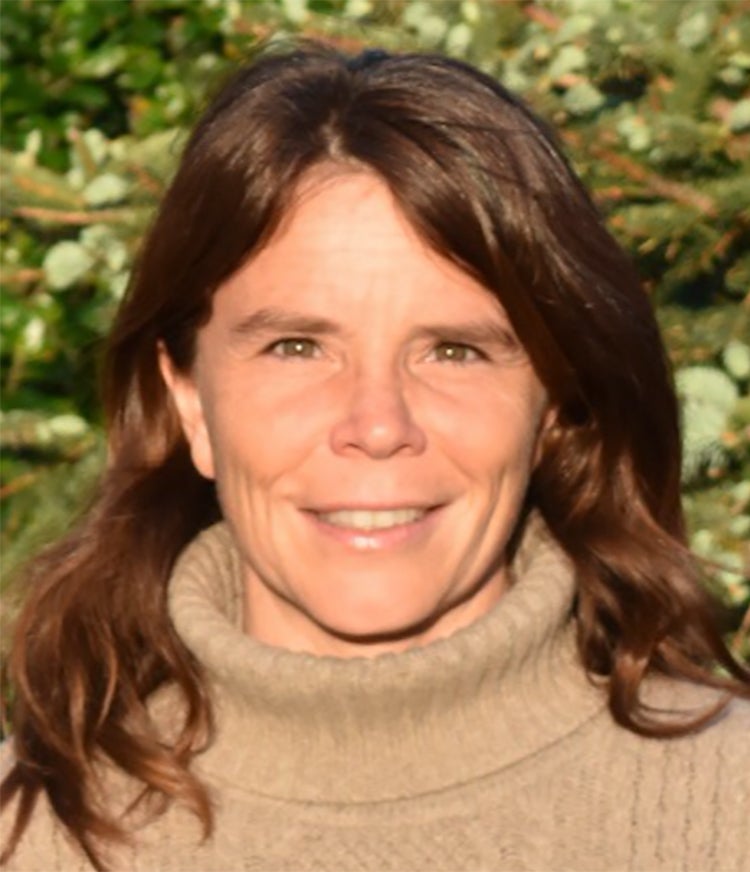
Jennifer Wilcox
Associate Professor
Chemical and Biological Engineering
Colorado School of Mines
As a global society we have been burning fossil fuels to meet our energy and transportation needs since the start of the industrial revolution, which has resulted in atmospheric CO2 concentrations much greater than any other time during the last 650,000 years. The replacement of fossil fuels with renewables, advances in energy efficiency, and carbon capture and storage/utilization are among some of the key strategies required to prevent warming beyond 2 °C within this century. Ms. Wilcox's research focuses on both mitigation and adaptation strategies to minimize the negative impacts associated with our changing climate and dependence on fossil fuels.
Within Ms. Wilcox's research group they combine experimental and theoretical methods to investigate capture and sequestration of trace metals (mercury, arsenic, and selenium) and carbon dioxide. Central to the approach of our lab is to connect with government labs and establish industry partnerships to assist in focusing and directing our research efforts in a way that bridge atomistic to plant scales. Fundamental chemical and physical phenomena involving gas-solid interfaces of trace metals and CO2 are of focus. Understanding how these pollutants speciate throughout combustion and postcombustion processes is crucial to the design of effective control technologies to minimize their release. Once CO2 is emitted into the atmosphere from a combustion process, its dilution increases significantly; hence, material and process designs that are effective over a range of CO2concentrations are crucial. Given the gigaton-scale of CO2 emissions, quantifying the methods and impacts of sequestration opportunities are essential. Within Ms. Wilcox's group they also investigate the storage potential of gas shale and coal, in addition to the utilization potential of CO2, with an emphasis on fuel production.